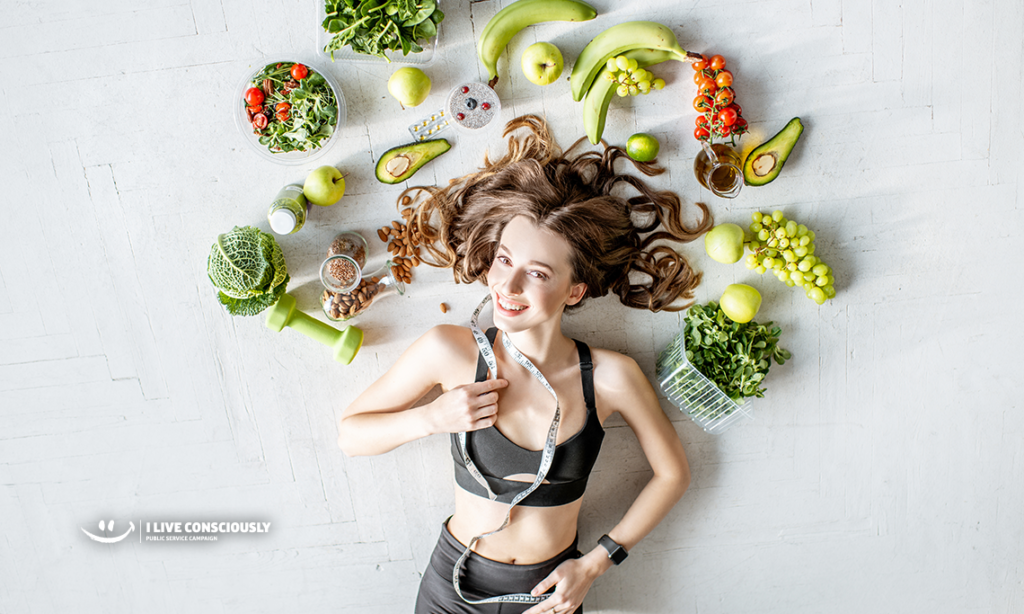We rarely wonder “what is health?” on an everyday basis. According to WHO, “health is a state of complete physical, mental and social well-being and not merely the absence of disease or infirmity.” This definition goes far beyond the general perception of health and sickness. Contemporary science encourages us to look at health in a very “mechanical” way. The development of technology allows “dismantling” the body into parts and review the disorders in its functioning at the level of not even tissues, but cells. Entering such a narrow specialisation it’s easy to forget that human body is a complete whole, with all the cells, tissues and organs interconnected by a wide range of dependencies. Moreover, the role of our conscience (brain, mind) in health is still being underrated.
Whenever we face sickness, we tend to look for causes in factors that remain beyond our control – such as genes or environment. Science is gradually refuting this myth. More and more experts are convinced that it is we who are responsible for our health and well-being. These are our daily choices and habits that determine if – and to what extent – genes, microorganisms and polluted environment will influence us. In order to improve our well-being, we should take care of at least 5 basic elements of our lives:
- Sane nutrition
Influences our health and well-being. Along with food we provide our body with basic building, energetic and regulating elements. Proper nutrition is fundamental in recovery and prevention of most illnesses, from ordinary cold, through modern-day diseases, up to cancers and even depression.
- Sports and physical activity
A well-known saying goes “physical activity can replace all the medicine, but no medicine can replace lack of thereof”. Exercise might be the most important stimulus in building the body’s immunity and strength. You don’t have to become a marathoner in order to notice the beneficial effects of physical activity; a walk would do just as well. The best form of exercise is the one that is pleasurable to us.
- Supplementation
It is aimed at improving health-oriented aspects of our diet by enriching it. We have vast knowledge regarding the role of nutritious dietary ingredients, such as vitamins and minerals. We also learn more about the positive influence of non-nutrients, such as phytoestrogens or polyphenols. These substances boost the immunity, help remain in good physical and mental condition, as well as slow down the aging process. It’s important to choose high-quality products with natural ingredients.
- Safe detoxification
Detoxification tools may involve e.g. diet rich in fruits and vegetables – products containing water, fiber and antioxidants. Water is extremely important; its proper intake allows flushing the toxins out of the body. Temporary fasting also works great.
- Stress management
Everything begins and ends in our head. Unrelieved stress leads to the development of illnesses that are diagnosed clinically later on. At the same time, our psyche can also work the other way – as in, for example, the placebo effect. The ability to think positive and relieve stress is a blessing. Various relaxation techniques help maintain proper mental hygiene. Our psyche is also responsible for motivation. We should remember that sudden and drastic changes quickly lead to discouragement. It’s better to introduce the improvements to our life gradually yet consistently – so that they become a part of the routine and not a temporary, forced deviation.
Let’s remember that health is not a condition, but a continuous process. The world is changing, our environment is changing, we are changing – and so are the needs of our body. The 5 elements above, however, remain universal – all it takes is just adjusting them to our changing needs.
Join the “Live Consciously” conference and take care of your health according to the 5S Strategy.
